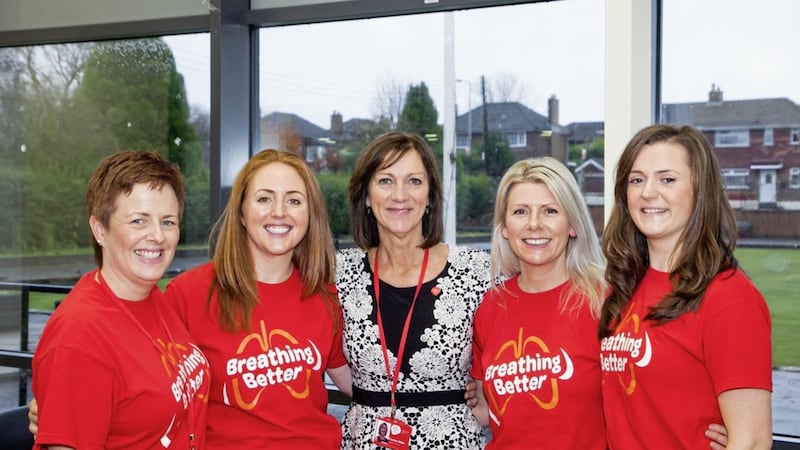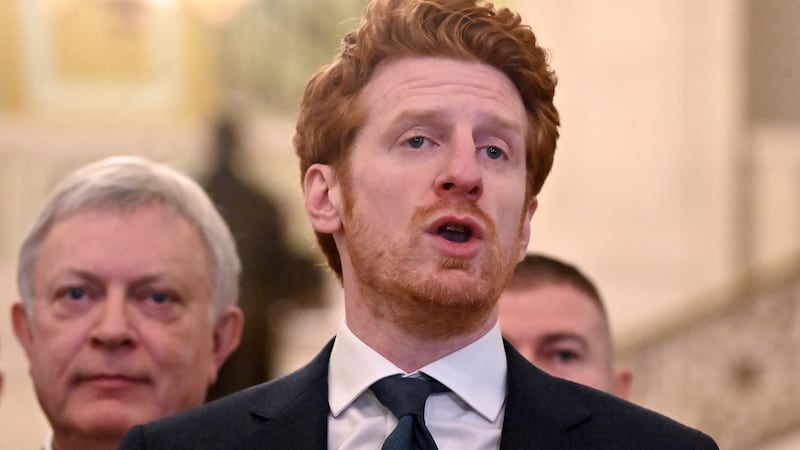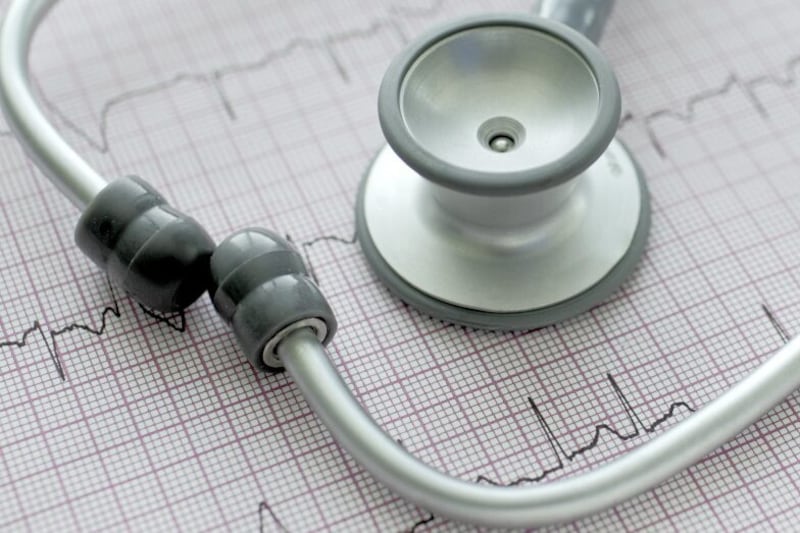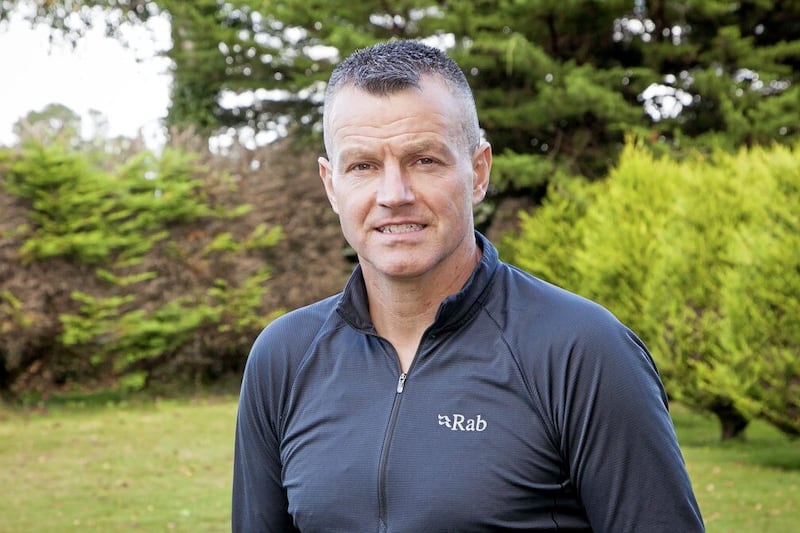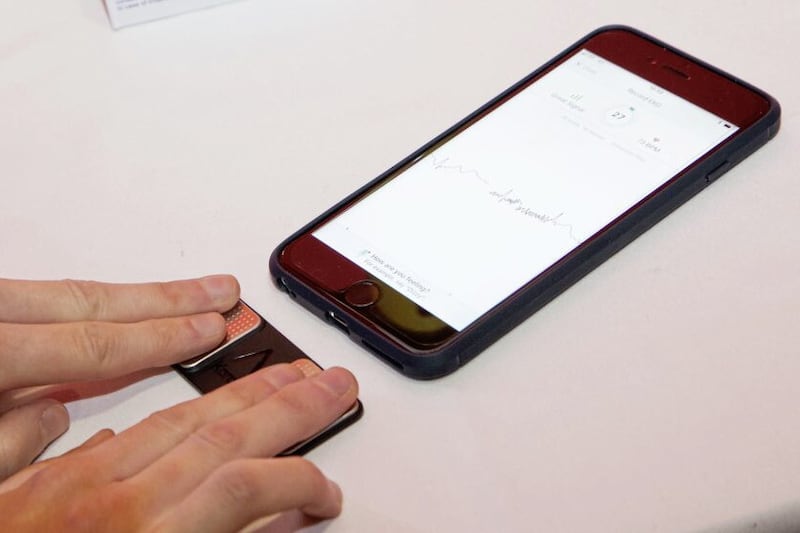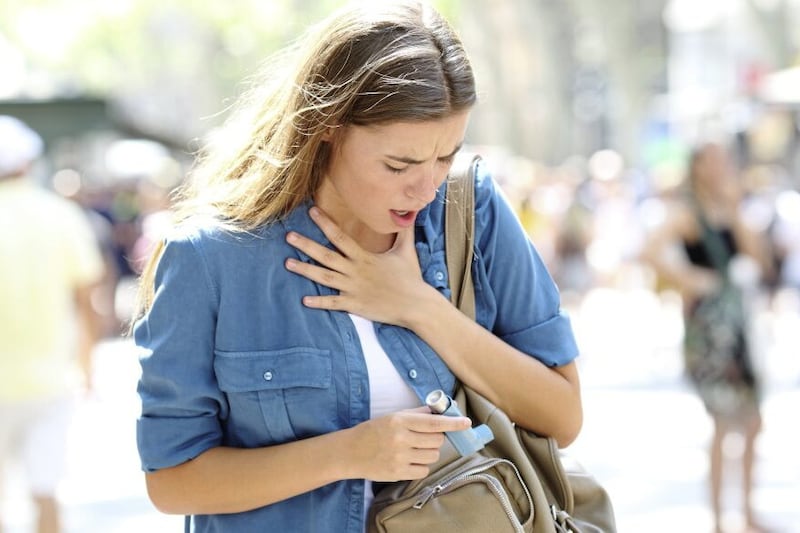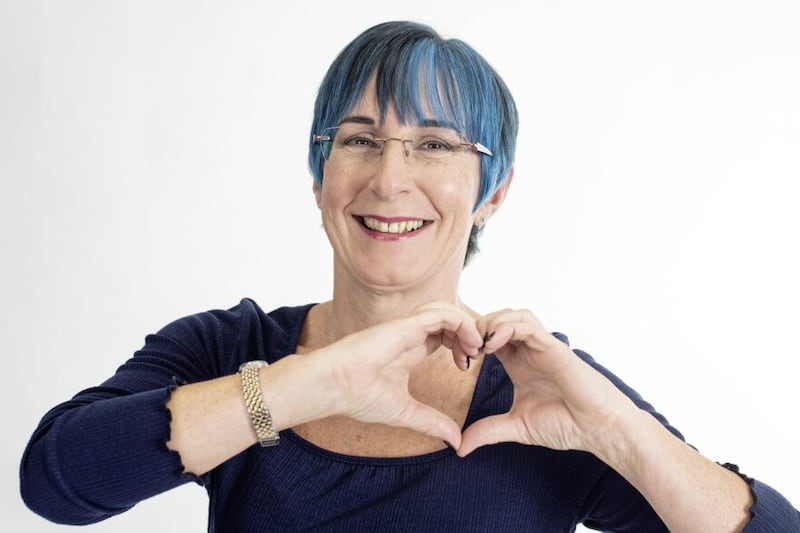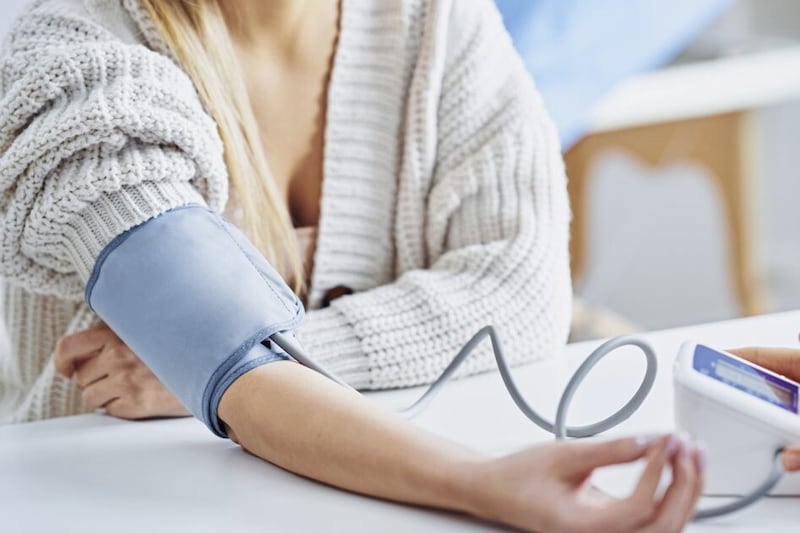A charity scheme to help people suffering from respiratory problems due to long Covid has been "inundated with referrals", the manager who established the project has said.
Pauline Millar, head of respiratory services at Northern Ireland Chest, Heart and Stroke (NICHS), said it had received 31 referrals in just seven working days.
Some people who have contracted the disease suffer debilitating symptoms which linger for more than 12 weeks - known as long Covid.
“We don’t know what else (Covid is) doing to the body," Ms Millar said. "Yes it will initially attack the lungs but we are hearing of people who are having kidney problems, joint paints. It’s affecting different people in different ways.”
The NICHS's six-week online Covid 'Recovery Service', which has helped dozens of participants manage breathing problems, sleeplessness, anxiety and other health issues, was set up in July.
The programme - thought to be the only one of its kind in the UK - offers group support to participants over Zoom. As well as being given techniques on how to manage breathlessness, participants are set small tasks to help them achieve goals, including going on a short walk. Those worried about their finances due to the pandemic are referred to Citizens Advice.
Ms Millar, who has worked for NICHS for 11 years, said: "The key things that people are really struggling with are brain fog, fatigue and breathlessness."
“It’s getting up one day and being able to do stuff and then the next day you’re just floored," she said.
The charity has also built a website offering rehab videos, information and support for people suffering from long Covid, including those who are on the waiting list for a place on the charity scheme.
The service has helped three sets of participants and two more programmes are planned for the new year.
Most people refer themselves directly to NICHS although some are referred by their GP.
A total of 85 people have been referred to the service, including two based in Britain, and the charity said it was now "at capacity".
Ms Millar said the charity has been “inundated with referrals”, including 31 in just seven working days.
When Northern Ireland’s first Covid-19 cases were confirmed in late February, Ms Millar was immediately concerned there was no service available for people who might suffer long-term breathing problems as a result of Covid.
“In February time I thought there are people who are going to go into this (contract Covid) with a respiratory condition and others are potentially going to come out of it with one and I don’t know if there’s going to be any support,” she said.
“I knew that the respiratory network was (already) struggling to cope.
“What we found out quite quickly was that if you had Covid and were hospitalised, six weeks after you’d get home you’d get a review appointment, with a chest X-ray, and that would be it.”
Despite increased pressure on services, donations to NICHS have dropped by 40 per cent due to the pandemic.
“We hope to develop this pilot and continue it, but we need funding," she said.
She added: “The biggest issue we are facing now as a charity… (is) the respiratory work that I have been doing we have never got any funding for... 90 per cent of what we do is paid for by the general public. But for the service to continue we need the government to recognise what we’re doing.”
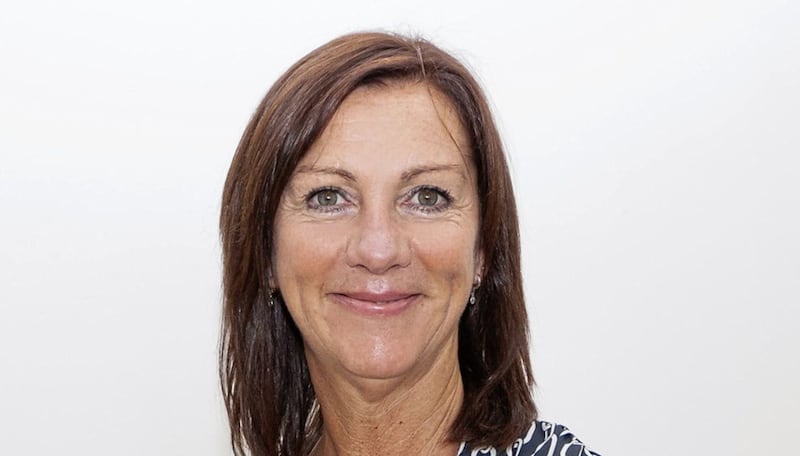
The NICHS keeps in touch with past participants of the scheme and has set up support groups to help them.
From her experience with the charity’s Breathing Better programme, which helps people manage long-term respiratory conditions, Ms Millar said NICHS had evidence that “for every pound the health service give us we can save them three”.
She said the charity had seen “amazing outcomes for people who have taken part” in the long Covid programme.
“We evaluated the first group of people (who took part)," she said.
"The difference in their anxiety levels, their sleep patterns, fatigue, breathlessness - it’s been phenomenal the impact that this has had."
One of the people NICHS’s Covid service has helped is 57-year-old father-of-two Gordon Owens from Craigavon.
The Tesco worker was admitted to Craigavon area hospital with Covid on March 27 and released a month later.
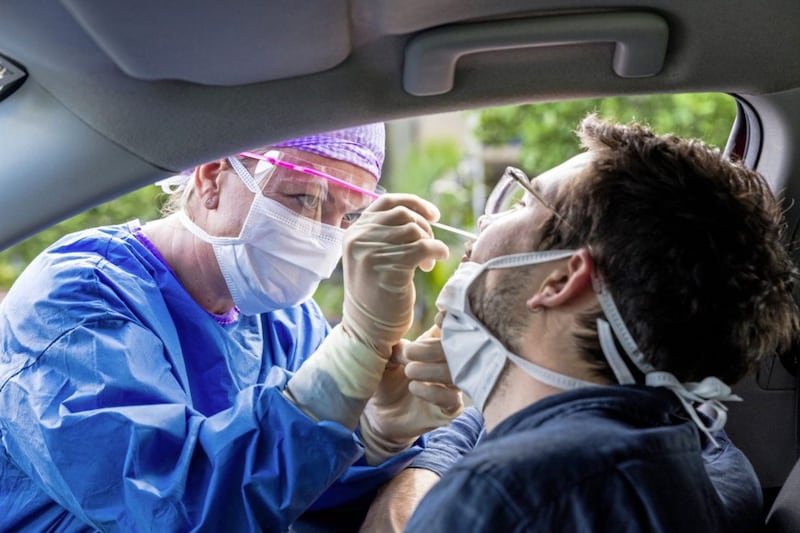
He spent more than 10 days on a ventilator, suffered frightening hallucinations and lost two-and-a-half stone during his stay.
“I thought the nurses were beating me,” he said. “I thought I was going away; I (thought I) was going on a cruise with my children.”
From being a fit and healthy man, his breathing is now so laboured that he struggles to walk up stairs. He has to sit in the shower and becomes breathless during simple tasks including changing his clothes.
“The week before (I contracted Covid) I was up a ladder cleaning windows and clearing gutters,” he said. “As far as I was concerned I was healthy. I didn’t smoke and I didn’t drink.”
An emotional Mr Owens praised the Covid recovery programme for changing his mindset during a very difficult time.
“When I went on to the programme my confidence was at a very, very low level,” he said.
"By the time I finished it I could go out and talk to people. Before, I was a bit wary of going out. Before, I was thinking ‘why did this happen to me’. I met so many other people on the programme who maybe weren’t as hard hit as me but were still going through it, had come through something similar to me.
"The programme gave me something to focus on. They set you wee tasks - do a wee bit more exercise like going for a walk - just something to aim for. Then they’d call you later that week. It was a distraction from Covid. I really enjoyed it. The girls (who ran the programme) were unbelievable."
While Mr Owens has been told his recovery could take up to 18 months, he aims to eventually return to work.
“I will go back to work no matter what,” he said. “I need to get back, as close to possible, as what I was. I have to do it not just for myself but for my wife and family and friends."
For more information see nichs.org.uk
